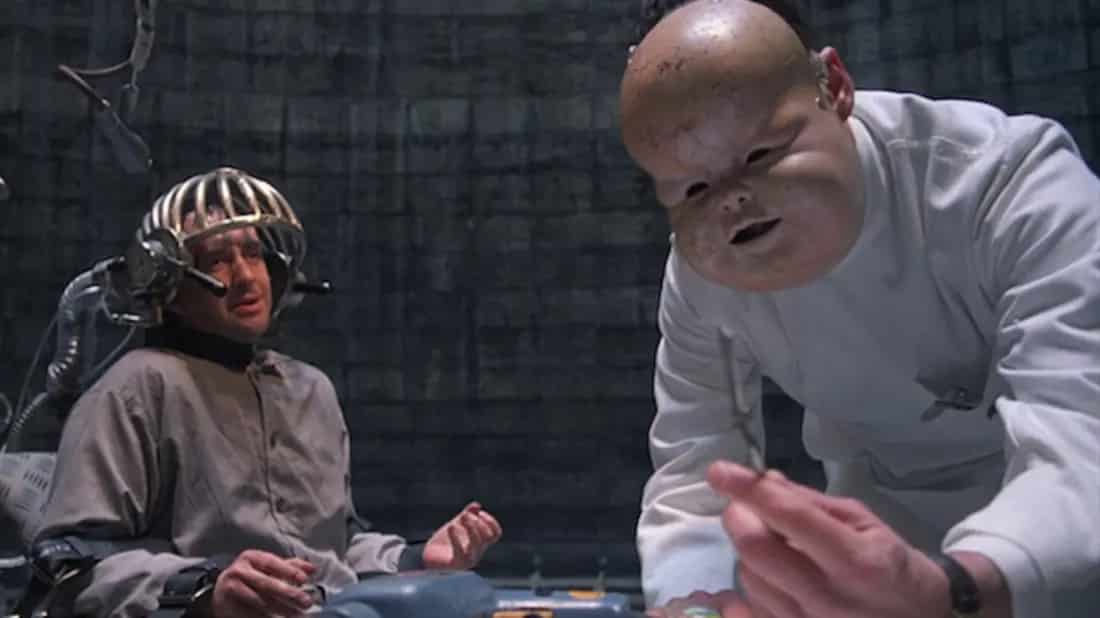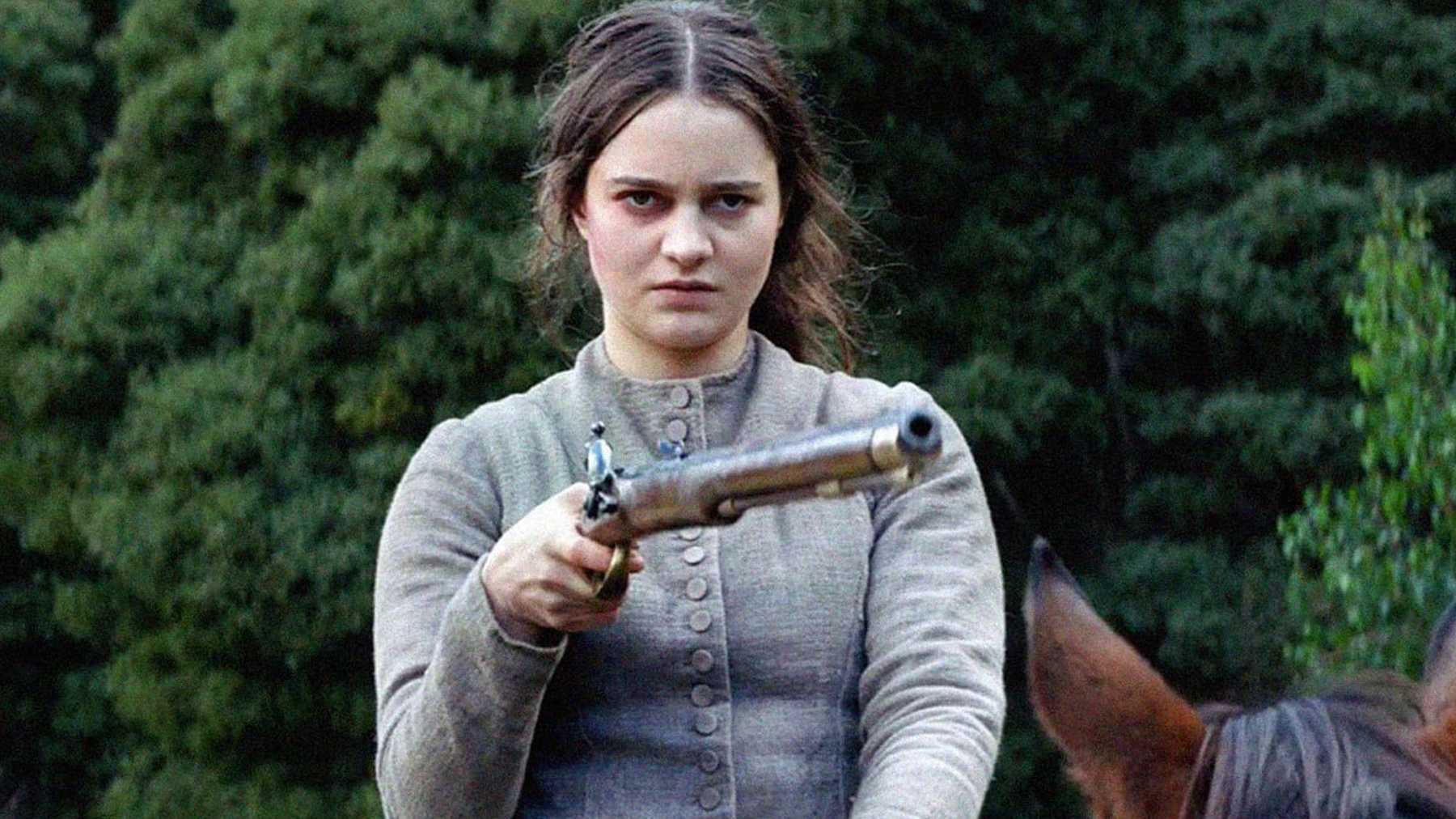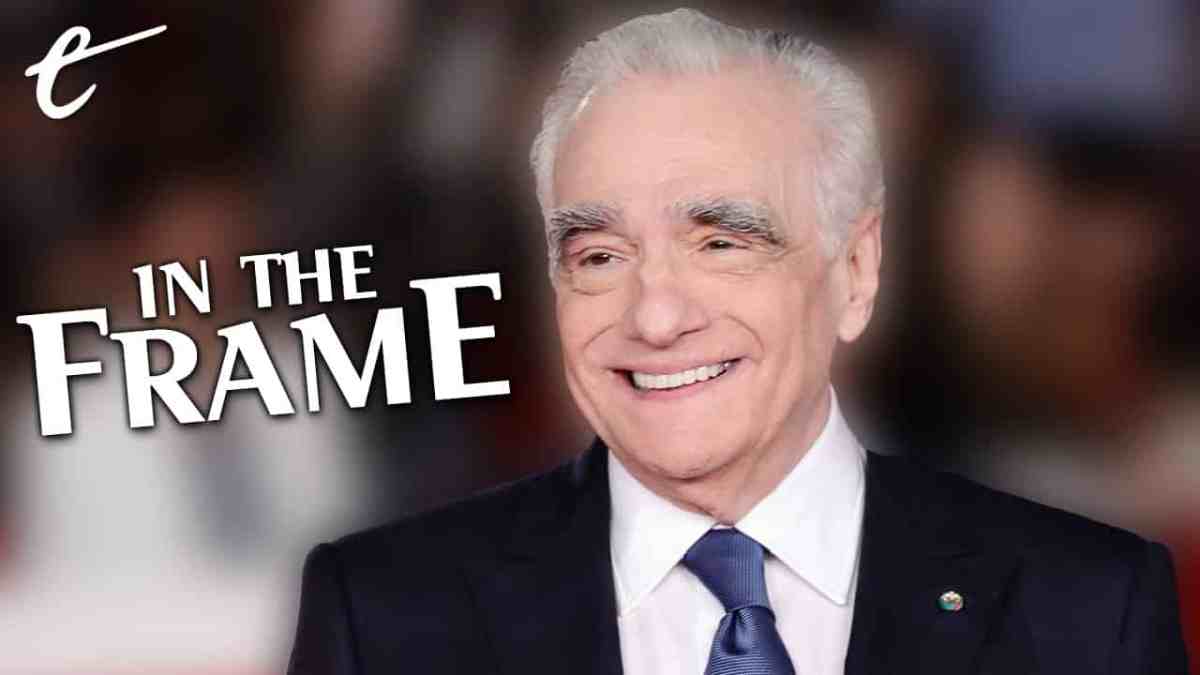It’s a familiar joke. “57 channels and nothing on.” Of course, these days it’s 1,761 channels, over 50 streaming services, 493 scripted television shows. Sure, there were only 329 movies last year, but that drop is largely due to the pandemic. On top of all that, there’s an extensive (and ever-growing) back catalogue to worry about. However, this abundance of content comes with a paradox. It can be harder than ever to find something to watch.
Part of this is due to the volume of content under consideration; looking at the amount of media, it’s easy to experience choice paralysis. Part of this is also down to changes in how we watch, particularly in the midst of a pandemic. Without box office results, it’s harder than ever to know what other people are actually watching. Many of the metrics for streaming viewership are either guesstimates or provided by the services themselves. The metrics are different. Divining audience size is a dark art.
The restructuring of the media landscape doesn’t help. Multimedia companies are consolidating, with most creating in-house streaming services to house their own content. In some ways, this vertical integration (or perhaps “farm to table” broadcasting) recalls the old system where studios owned theater chains and would pump out derivative movies to ensure that there was always some disposable new content to screen. (Incidentally, as of last year, studios can own cinemas again.)
In an essay written for Harpers this week, director Martin Scorsese criticized this trend of treating art in general (and movies in particular) as content. “‘Content’ became a business term for all moving images: a David Lean movie, a cat video, a Super Bowl commercial, a superhero sequel, a series episode,” Scorsese explains – and he is not wrong. In November 2019, Sonia Saraiya referred to the battle for streaming dominance as “the Content Wars.” It’s a numbers game, not a quality game.

Nobody says that part out loud. In August 2018, Disney CEO Bob Iger took a broad swipe at Netflix by insisting that Disney+ was “not in the volume game.” Just over two years later, Disney announced about 20 new Star Wars and Marvel shows for the service. Starting with WandaVision, Disney+ will stream about six consecutive months of Marvel content, including The Falcon and the Winter Soldier and Loki. The goal is not to produce compelling television, but to retain subscribers in a constant churn.
Of course, some of this content will be great. There is, for example, a lot to love in WandaVision’s appreciation of television as a medium and the sitcom as a genre. This tends to get lost in a lot of these discussions. Martin Scorsese’s criticism of the cultural ubiquity of “Marvel movies” was seen as a personal attack, despite his stated fondness for Sam Raimi’s Spider-Man and the fact that he almost directed Joker. Francis Ford Coppola’s description of the same system as “despicable” prompted outrage, despite his love of Spider-Man: Into the Spider-Verse.
While individual movies and television shows produced like this can be great, the cultural homogeneity of it all is worrying. This is especially true when the primary mode of access to entertainment is direct from the company producing it in bulk. In some cases, even the access to entertainment is not an end in itself. AT&T owns not only the Warner Bros. movies that will stream on HBO Max, but also the internet service that provides HBO Max. AT&T offers HBO Max as a perk.
These mechanisms produce and recommend content based on what viewers have already seen, instead of offering new experiences. “If further viewing is ‘suggested’ by algorithms based on what you’ve already seen, and the suggestions are based only on subject matter or genre, then what does that do to the art of cinema?” asks Scorsese. Coppola clarified his own criticism, “I don’t know that anyone gets anything out of seeing the same movie over and over again, which is the Marvel movies.”

This is particularly apparent looking at the streaming services without a studio-based and decades-deep back catalogue. As studios pull their own content off Netflix to silo in their own streaming services, the company has begun offering imitations of brand leaders and producing its own in-house alternatives. In the modern media landscape, it increasingly seems like the oxygen is consumed by high-profile imitations of concepts that audiences already know and recognize.
This demonstrates the importance of the lost art of curation. There’s a tendency to dismiss the idea of curation as “elitist” or “condescending” – after all, some have called Scorsese’s comments “snooty.” However, it is a service that television channels and local cinemas have provided for decades, making active choices about what films and shows to schedule and sequence. It relies on trust from the audience, an understanding that they might get something unusual but worthwhile.
Many cinephiles have talked about discovering the artform in a similar way. Even beyond television channels and cinemas, video stores were a formative environment for a generation of filmmakers. Quentin Tarantino has talked at length about the joys of the personal interactions working in such a store, tailoring recommendations for customers. Of course, video stores are arguably an artifact of the past, like television schedules and potentially even conventional cinema.
I generally don’t talk too much in the first person in these pieces, but this is how I discovered a lot of cinema. Late-night television screenings of movies I’d never heard of starring actors I trusted like Brazil or In the Mouth of Madness were formative experiences for a young film fan, along with specialized seasons on quirkier channels. I will never recover from watching Ringu and Audition as a 12-year-old kid who just got a television in his bedroom, and I am forever grateful for that.

Scorsese points to curated streaming services that exist outside the larger ecosphere of Disney+ and Netflix, singling out the Criterion Channel or MUBI. These providers are well worth investigating for film fans, but their audiences need to know that they exist and that they serve this purpose. Subscribing to the Criterion Channel or MUBI is an active choice. It doesn’t replicate the experience of flipping through television channels or catching whatever happens to be playing in the cinema.
Of course, there are a few remaining bulwarks. Everybody has friends and family members that they can count on for film and television recommendations, and this allows for “word of mouth” hits to work their way into the conversation. Naturally, as the landscape becomes more homogenous, it becomes more likely that good films will slip through the cracks. In terms of a workable and systemic solution, this is perhaps the ideal function of film critics in this sea of overwhelming content.
Film criticism seems to go through a crisis of faith every other year. Writers spend their time either lamenting the success of poorly reviewed films or the failure of well-received movies. Critics face their own transformation into algorithmic content, with the rise of critical aggregation reducing critical opinion on a given work to a binary “fresh” or “rotten.” It also occasionally seems like fans turn to critics for validation rather than insight, with the “wrong” opinion generating death threats.

However, critics are arguably ideally positioned to serve as the clerks working at the counter of the digital video store. Critics tend to see a wider range of movies than the average movie-goer, and one hopes their enthusiasm for the medium extends to a curiosity that leads to a deeper understanding than a casual observer might have time to cultivate. While it has become dishearteningly common to hear that the public “has had enough of experts,” experts do have a function.
Of course, there is something inherently self-serving in a critic making an argument for their own relevance, and I certainly don’t consider myself an expert so much as an explorer. However, I take pride in pointing people I know to movies they might not otherwise see; I’ve pointed our editor-in-chief Nick to The Nightingale, video editor Omar to Promising Young Woman, and podcast co-host Jack to Saint Maud on EPIX. (I am still not entirely sure what EPIX is.)
The media landscape is in the middle of a massive realignment. However, in an era where the curation of culture is more important than ever, given the volume of content and the wealth of services providing it, there is something reassuring in the thought that critics might just be as relevant as ever.






Published: Feb 19, 2021 11:00 am